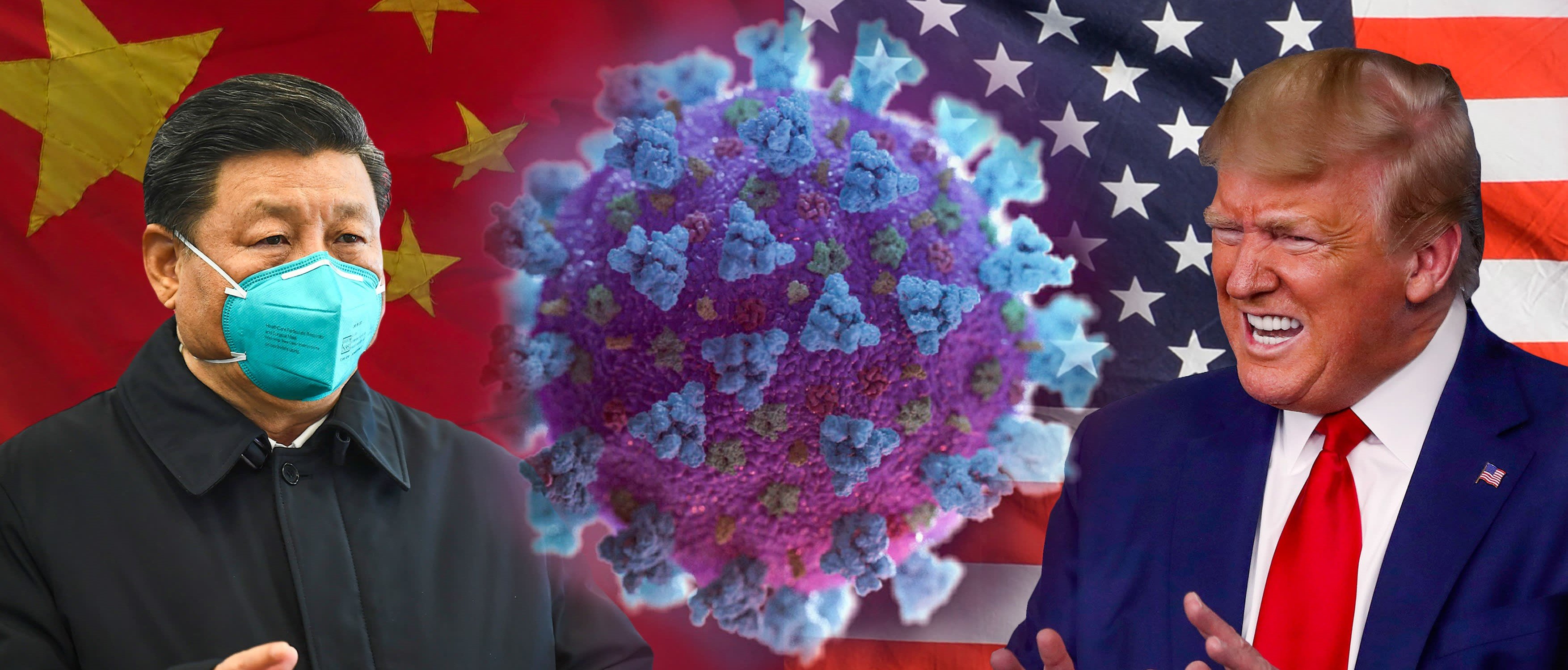

Jun
Something as devastating as a pandemic inevitably brings about economic consequences that can be remarkably difficult to identify… at least at the beginning. To make matters worse, the covid-19 pandemic also made “globalized” supply chain weaknesses as well as over-optimization (for example, business models which revolve around “production on demand” rather than expensive and logistically challenging warehousing) more than apparent.
How dangerous is this state of affairs?
Most definitely dangerous enough to be considered a threat to let’s call it status quo globalization, in light of the fact that it revealed weaknesses which go beyond the political dimension. Simply put, for the most part and especially as far as the mainstream world is concerned, discussions pertaining to globalization in general and China in the context of globalization in particular revolved around socio-political aspects, for example how affected workers in Western countries end up being by offshoring.
The 2020 situation, as mentioned in other articles as well, made it clear that some globalization vulnerabilities can have a downright humanitarian dimension. A textbook example to that effect is represented by the severe shortage of masks and medical equipment in the proverbial West, a shortage which was generated by bottleneck issues in China. More specifically, this shortage had two let us call them broad causes:
- Causes pertaining to China, primarily the fact that the authorities were reluctant to allow exports of key medical supplies shortly after China managed to get its domestic spread situation under control, for reasons which revolve around fears that a second wave of infection might catch China unprepared
- Causes pertaining to overly optimized Western companies, which didn’t keep nearly enough supplies warehoused due to their desire to keep costs down so as to be as competitive as possible, a state of affairs which created a business model framework which has proven to be anything but robust enough to withstand sudden surges in demand brought about by situations such as pandemics
As such, Western nations in particularly or countries with excessively complex supply chains more broadly speaking find themselves facing a difficult decision: how should they react after analyzing the 2020 situation?
To (over)simplify, there are once again two broad solution types:
- Solutions which revolve around taking major steps back with respect to globalization, even if it means that profit margins will be affected and that major business world as well as political world disruptions are bound to occur. Or, to put it differently, solutions which involve simplifying supply chains and perhaps keeping things local to as significant of a degree as possible
- Solutions which revolve around maintaining course as far as status quo globalization is concerned but implementing other types of changes so as to make the system more robust. For example, changes such as encouraging the business sector to maintain more robust stocks, especially when it comes to products that are considered systemically important. This can be accomplished through a wide range of measures, from simple legislative action (essentially forcing the businesses in question to comply and letting them figure out how to tackle the cost dimension) to more or less complex measures meant to help the affected businesses (tax breaks, subsidies, etc.)
Needless to say, China would prefer the second option, whereas as the business sector is most likely less than thrilled about both. Perhaps it would warm up to the idea if states make a compelling enough argument that they can provide assistance throughout the transition process but again, even in the very best case scenarios, major disruption is to be expected.
What about the general Western public?
For the most part, it should come as no surprise that the first solution type is extremely easy to “sell” politically speaking. As it stood before the 2020 developments, the Western public was considerably less than thrilled with globalization in general and the effects it inevitably brought about as far as employment is concerned. Add post-pandemic frustration to the mix and it should be more than obvious that anti-globalization sentiment shot up spectacularly. Ask a member of the general public to think of type #2 solutions and most people will reply that the endeavor is far too complex and abstract. As far as type #1 solutions are concerned (pushing against globalization), the exact opposite tends to happen, with the average citizen having an easy target to point to (blaming China is anything but difficult in the West) as well as measures which seem simple enough to implement (even if that is hardly the case, realistically speaking) in front of him. It is not necessary to be an expert in sociology to realize that the Western public is far more likely to embrace type #1 solutions.
How determined are Western citizens to apply political pressure?
That remains to be seen.
With elections looming in the United States as well as other jurisdiction, the 2020 covid-19 situation will without a doubt represent the major topic that will be debated. If politicians sense that a stronger and stronger anti-globalization movement is materializing, their political instincts will dictate that positioning themselves on the “right” side of that trend makes perfect sense.
A more than compelling case can be made that ideal conditions for populist anti-globalization movements risk emerging, with the many consequences (economic, geopolitical and otherwise) they bring about. An experienced economist and/or historian will quickly point out that “quick-fix” solutions such as cranking down on globalization might seem politically appealing and easy enough to implement but in reality, the unintended consequences which will eventually become apparent risk putting society as a whole in a situation where it realizes that the entire effort did more harm than good. As always, the ChinaFund.com team will monitor these developments carefully and with a clear head so as to provide much-needed clarity to readers and especially clients, clarity which will enable them to position themselves accordingly in the months and years to come.
